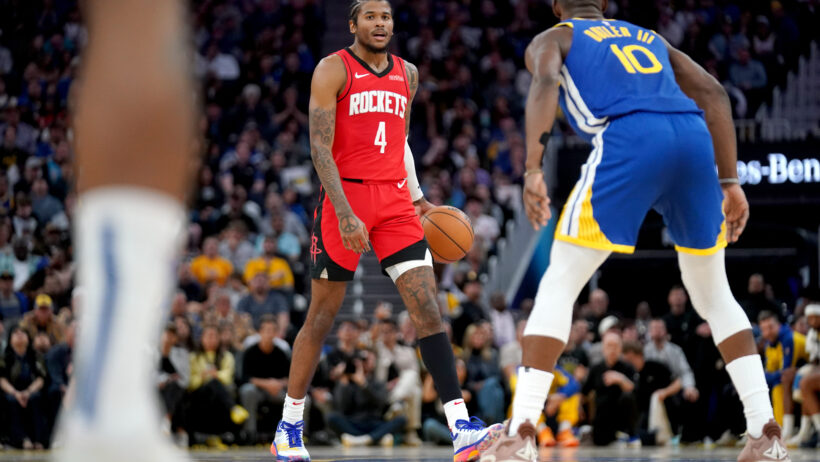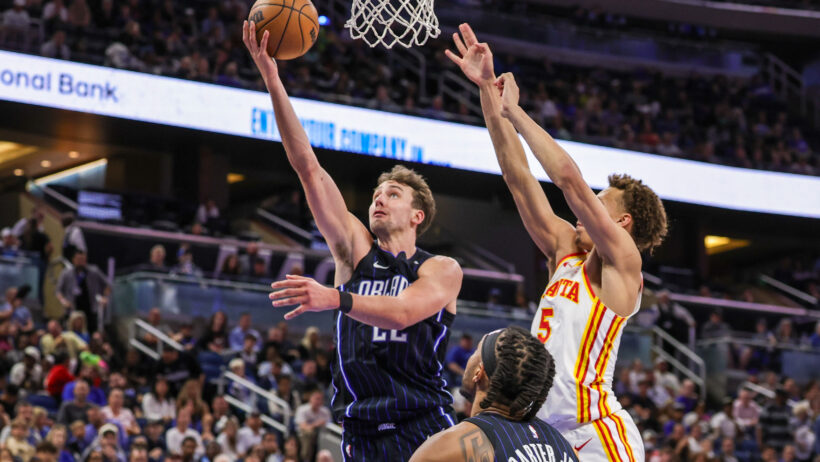2021 Four-Team College Football Playoff Odds Tracker
By Sascha Paruk
Updated:
- Look back at the odds to make the 2021 College Football Playoff
- See which teams got in and how their 2021 CFP odds changed during the season
- Trying to find the latest odds to make the CFP?
The 2020-21 college football season wound up being unlike any other that came before due to the COVID-19 pandemic. There were massive gaps and drastic fluctuations in the odds to make the 2021 CFP due to COVID, but at the end of the day, the playoff still went forward with #1 Alabama, #2 Clemson, #3 Ohio State, and #4 Notre Dame.
The graphs below set out the average odds for the main CFP hopefuls heading into and during the 2020-21 season.
Average 2021 College Football Playoff Odds
- Nov. 18: Alabama (-900) and Ohio State (-775) are basically etched into CFP stone already, while Clemson (-400) and Notre Dame (-245) are heavily favored to grab the other two spots.
- Oct. 13: CFP qualification odds have been re-posted. The top-three favorites remain unchanged (Clemson, Ohio State, and Alabama) even though the Buckeyes still haven’t played a game in 2020.
- Oct. 2: There are still no odds to reach the four-team College Football Playoff at online sportsbooks. It’s possible they will not be posted again this season in light of the fact that the Big Ten teams are playing eight-game schedules and the Pac-12 just seven.
- May 12: The 4-team playoff odds have been open for over six weeks and not a single team has seen its odds change.
- Mar. 25: the opening odds favor Clemson (-200), Ohio State (-150), Alabama (-125), and Oklahoma (+125).
Odds to Make 2021 CFP
| 2021 CFP Contenders | Yes | No |
|---|---|---|
| Alabama | -900 | +500 |
| Ohio State | -775 | +450 |
| Clemson | -400 | +275 |
| Notre Dame | -245 | +180 |
| Oregon | +140 | -185 |
| Florida | +225 | -310 |
| BYU | +900 | -2900 |
| USC | +1200 | -6600 |

Managing Editor
Sascha has been working in the sports-betting industry since 2014, and quickly paired his strong writing skills with a burgeoning knowledge of probability and statistics. He holds an undergraduate degree in linguistics and a Juris Doctor from the University of British Columbia.



